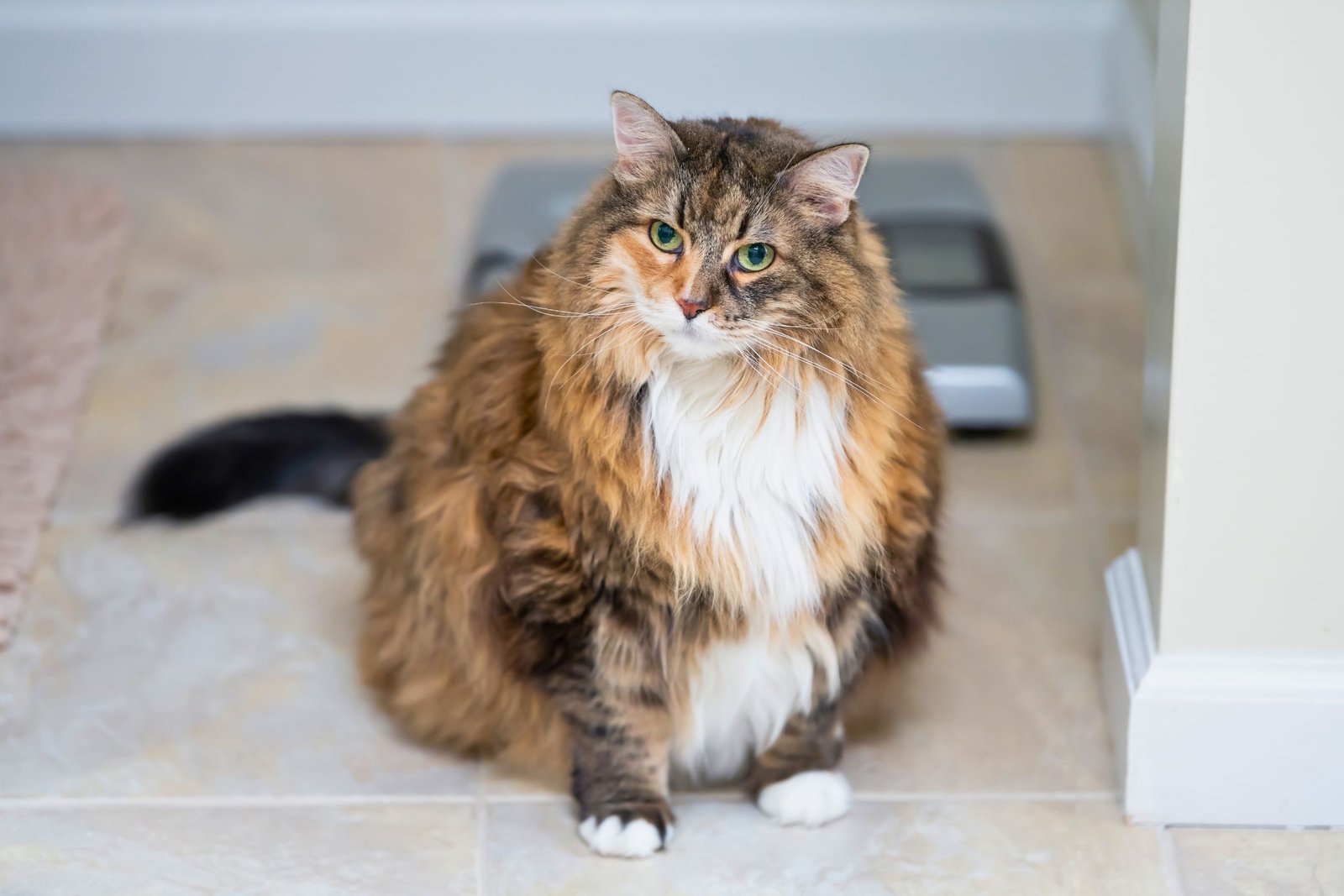Respiratory Challenges: The Weighty Impact on Feline Breathing
A cat’s graceful movements and playful antics often rely on a well-functioning respiratory system. However, the consequences of excess weight can cast a shadow over these lively endeavors, introducing respiratory challenges that affect a cat’s ability to breathe comfortably.
Increased Respiratory Effort
Carrying excess weight places additional demands on a cat’s respiratory system. The need for oxygen increases in proportion to the body’s mass, leading to heightened respiratory effort. Overweight cats may find themselves breathing more rapidly or with increased difficulty, especially during activities that require exertion.
Labored Breathing During Physical Activities
Respiratory challenges become particularly pronounced during physical activities. Overweight cats may struggle to engage in play, climb, or participate in activities that demand increased oxygen intake. Labored breathing can hinder their enjoyment of such endeavors and contribute to a more sedentary lifestyle.
Risk of Respiratory Distress
Over time, the strain on the respiratory system can escalate, potentially leading to respiratory distress. Cats may exhibit signs such as open-mouth breathing, audible wheezing, or a reluctance to engage in any form of physical activity. Respiratory distress is a serious concern that requires prompt veterinary attention.
Exacerbation of Pre-existing Conditions
Respiratory challenges can exacerbate pre-existing conditions, such as feline asthma or bronchitis. Obesity amplifies the severity of these conditions, making it harder for cats to manage their respiratory symptoms effectively. Maintaining a healthy weight is crucial for preventing the worsening of respiratory issues.
Impact on Overall Exercise Tolerance
Overweight cats may experience a decreased exercise tolerance due to respiratory challenges. The inability to sustain physical activity for extended periods further contributes to the cycle of weight gain, creating a challenging loop that affects both respiratory health and overall well-being.
Strain on the Cardiovascular System
Respiratory challenges in overweight cats place a strain on the cardiovascular system. The heart has to work harder to pump blood and oxygen throughout the body, contributing to an increased risk of cardiovascular issues. Maintaining a healthy weight is a key factor in preserving both respiratory and cardiovascular health.
The Role of Weight Management
Weight management plays a pivotal role in preventing and alleviating respiratory challenges. Achieving and maintaining a healthy weight reduces the strain on the respiratory system, allowing cats to breathe more effortlessly and engage in physical activities without undue difficulty.
Importance of Veterinary Monitoring
Regular veterinary check-ups are essential for monitoring respiratory health in overweight cats. Early detection of respiratory challenges enables timely intervention and the implementation of a comprehensive weight management plan.
In conclusion, respiratory challenges in overweight cats extend beyond mere inconvenience; they impact the very essence of a cat’s vitality and joy. Cat owners are urged to recognize the importance of weight management as a fundamental aspect of ensuring their feline companions enjoy optimal respiratory health and the ability to breathe freely.








